
A Hong Kong taxi driver waves a national flag as his vehicle carries a Legislative Council election poster, on Dec 19, 2021. The driver was taking part in a parade calling for eligible voters to cast their ballots in Sunday's poll. (Photo by EDMOND TANG/CHINA DAILY)
Voices of the majority
Xia Baolong, vice-chairman of the National Committee of the Chinese People's Political Consultative Conference and head of the Hong Kong and Macao Affairs Office of the State Council, said in a speech on Dec 6 that Hong Kong's new electoral system has many advantages, including broad representation, political inclusiveness, balanced participation and fair competition.
Xia said the candidates' backgrounds are "unprecedentedly diverse", and they include many grassroots people, such as bus drivers, electricians and tenants of public housing and subdivided units, which was rarely seen in previous elections.
He added that under the new system, the composition of the Legislative Council has been expanded to include representation from more sectors. Such changes could better help the city balance the interests of different sectors and regions and help it solve deep-seated problems accumulated over the years.
Stanley Sy Ming-yiu, chief executive of a local biotech company, said that after a series of social events, candidates have a relatively unified consensus on Hong Kong's development directions and have been actively seeking change and innovation in their political agenda to better serve the interests of the public.
After Hong Kong was roiled by months of unprecedented violent protests in 2019, the Standing Committee of the National People's Congress adopted two decisions to help the SAR restore order-one to promulgate the National Security Law for the Hong Kong SAR in June last year, and the other to improve the SAR's flawed electoral system, in March this year. Under the revamped system, the number of LegCo members has been increased from 70 to 90, with a newly added Election Committee constituency.
Sy said this change showed broad representation and balanced participation. Candidates for the election included elite leaders from business, academia, and professionals, as well as representatives of laborers, employees, and operators of small and medium-sized enterprises from the grassroots. There were experienced senior political participants and a new generation of young people full of motivation and innovation.
Such diversity will better reflect the voices of the majority of Hong Kong people and respond to their demands, Sy said, adding that the electoral improvement will boost Hong Kong governance to the next level.
Hong Kong business leader Henry Tang Ying-yen said he believed the election also marked the return of healthy and fair competition. In his view, the new system purges election campaigns of the vicious, aggressive and populist squabbles as characteristics of bad democracy. It also rejects social fragmentation and barbaric confrontation.
In this election, candidates could compete on the basis of their platforms, competence and interaction with voters, enabling in-depth discussions on economic and livelihood issues, which are of primary concern to society. The poll also helps channel public opinion and shape policy recommendations that are more in line with the actual situation in Hong Kong, Tang said.









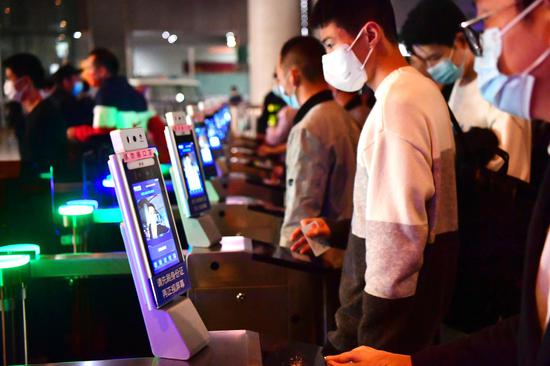





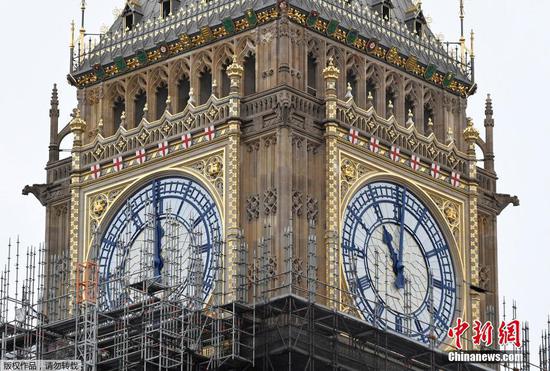








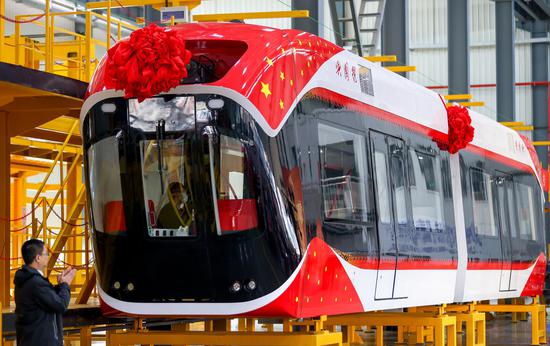
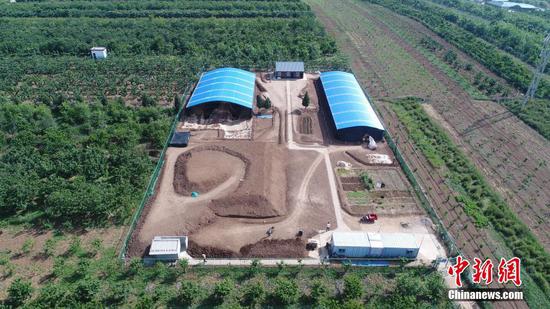


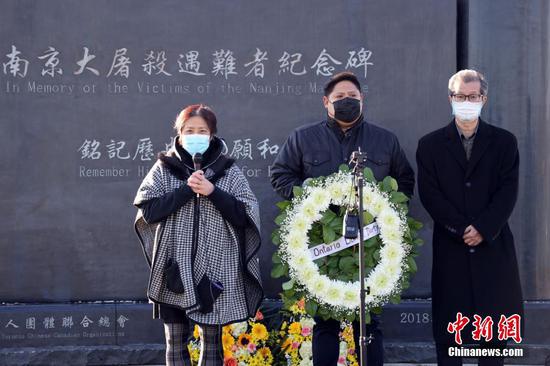



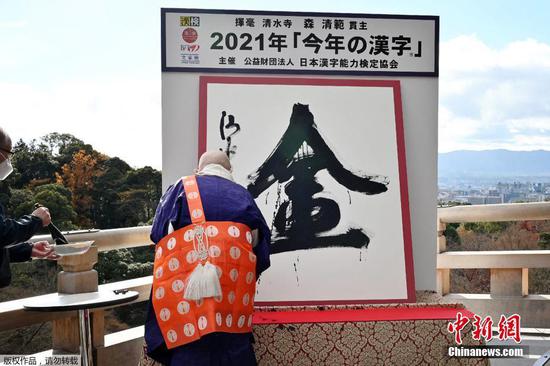
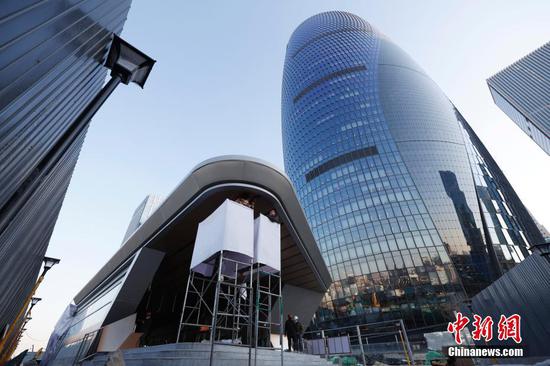

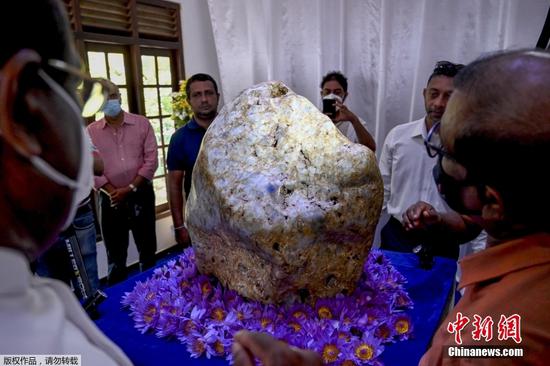
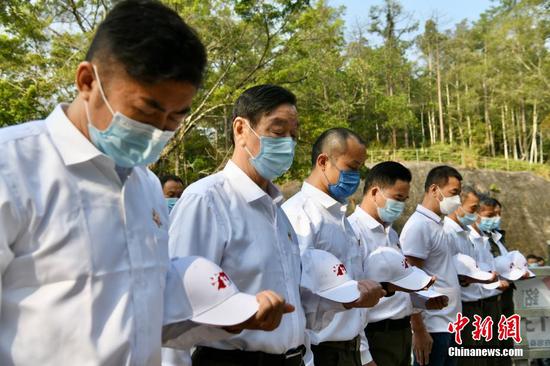

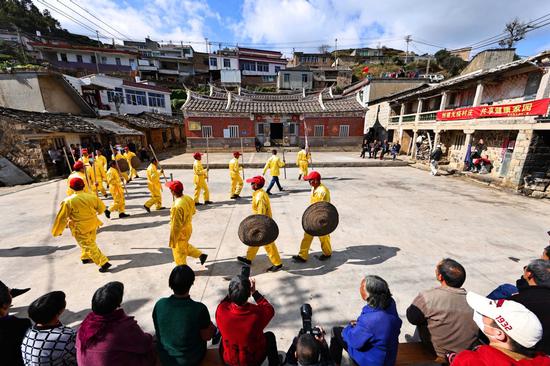


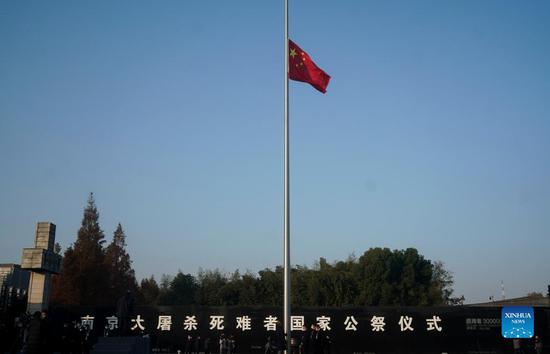


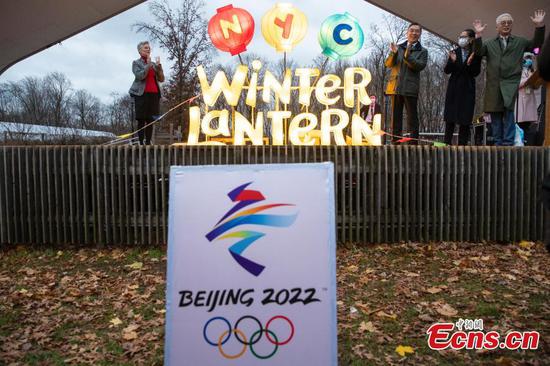





 京公网安备 11010202009201号
京公网安备 11010202009201号